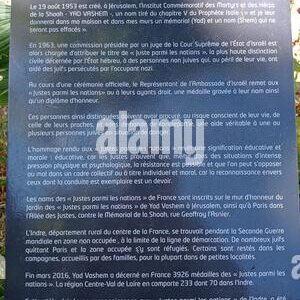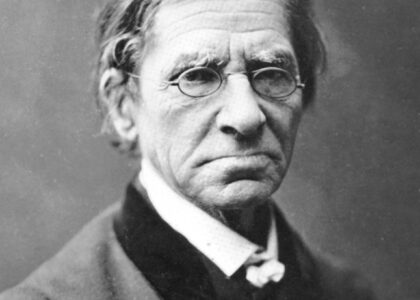Welcome to the Andersonville POW-MIA Memorial, a poignant site deeply rooted in the history of the American Civil War and beyond. This location, known officially as Andersonville National Historic Site, bears witness to the trials and tribulations faced by prisoners of war across American history. Established in early 1864, Camp Sumter, the prison here, was constructed by the Confederate government to house Union soldiers captured during the Civil War. Covering 26.5 acres, it was originally designed to accommodate 10,000 prisoners but soon swelled to over 32,000, leading to dire conditions. The lack of adequate food, water, and shelter resulted in the deaths of nearly 13,000 men, making it one of the deadliest prisoner-of-war camps in the Civil War.
Following the war, the site of the prison became Andersonville National Cemetery in 1865, where the deceased were buried. The cemetery still serves as a resting place for veterans today. In 1970, the site was designated a National Historic Site, ensuring the preservation of this somber chapter of history. The National Prisoner of War Museum, which opened in 1998, tells the broader story of American POWs from the Revolutionary War to the present, including exhibits on World War II, Vietnam, and other conflicts.
One notable figure associated with Andersonville is Clara Barton, the founder of the American Red Cross. She played a crucial role in identifying and marking the graves of Union soldiers, ensuring their families could find closure. Another significant event was the trial and execution of Captain Henry Wirz, the camp’s commander, who was held accountable for the appalling conditions at the camp.
Throughout its history, Andersonville has evolved from a site of immense suffering to one of remembrance and education, highlighting the resilience of those who endured captivity and paying homage to the sacrifices made by American servicemen and women.
As you explore this site, reflect on the stories of courage and survival, and the importance of remembering the past to guide our future.





